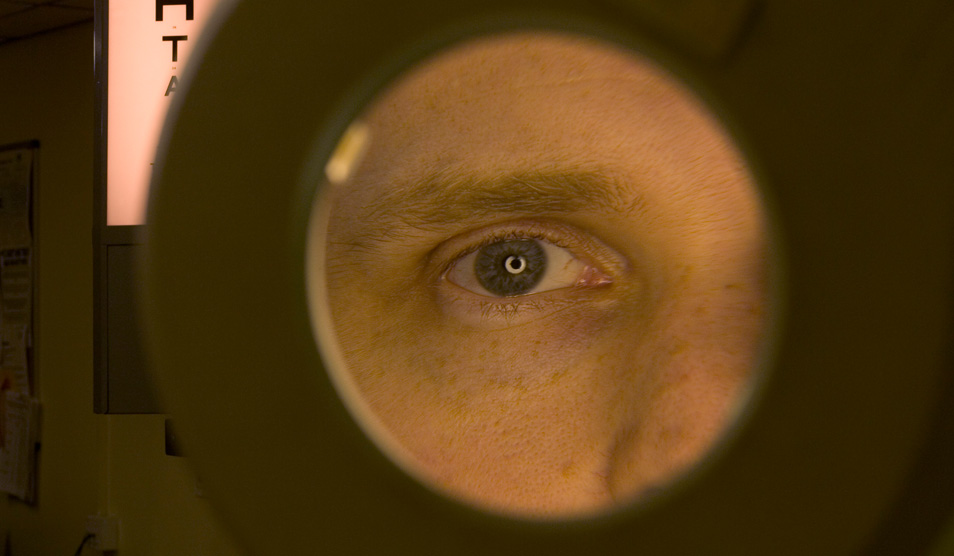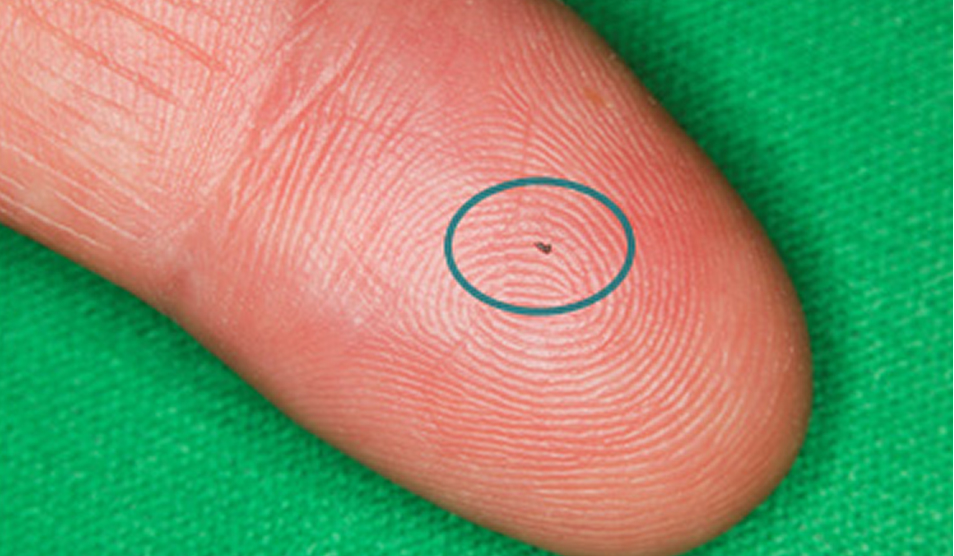New eye surgery technique brings real benefits to patients
Surgeons at Imperial College Healthcare NHS Trust have introduced a new transplant technique which is transforming eye surgery and recovery times for patients.
The new procedure - known as Descemet’s membrane endothelial keratoplasty (DMEK) - is used predominantly for a condition called Fuchs’ endothelial dystrophy, a problem that affects the cornea (the clear window at the front of the eye) and results in gradually worsening vision.
Fuchs’ endothelial dystrophy is a relatively common condition which affects the back layer of the cornea, known as Descemet’s membrane. It is present in four per cent of people above the age of 40.
Previously, surgeons would remove the damaged back layer and replace it with dissected tissue from a donor cornea using tissue with a typical thickness of 0.15mm (150 microns). The results were good with most patients achieving the driving standard of vision within three to six months.
However, the new modified technique enables surgeons to replace just the damaged membrane - a layer that is only 0.01mm (10 microns) thick.
Ophthalmic Surgeon Mr Ali Mearza explained: “The results are remarkable with patients achieving visual recovery in one to four weeks compared to three to six months previously. Some of our patients are achieving 20/20 vision within a week of surgery, which is an outstanding achievement.”
The challenge of the procedure is peeling the delicate membrane from the donor cornea without tearing it and then getting it to unfold the right way up once it is in the eye.
The surgery is carried out as a 20 to 30 minute day case procedure using micro-incisions and is performed at the Western Eye Hospital on Marylebone Road.


